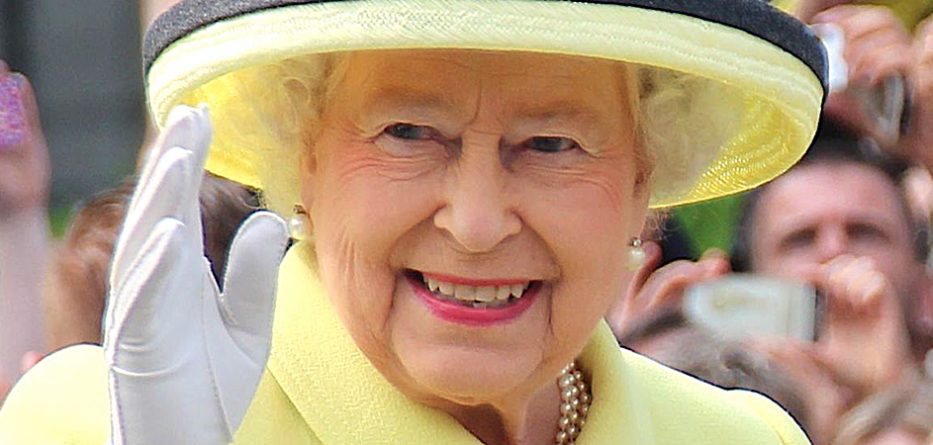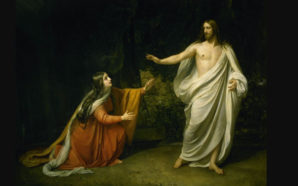Queen Elizabeth II became queen in my childhood. At that time, I did not pay much attention to her. We Catholic pupils had our own holidays: the feasts of Mary’s Assumption, and of the Founders of Religious Congregation, for example, which were obviously much more important than mere public holidays – we did not have to go to school on them. Besides, the Queen was English, she was not a Catholic – indeed a representative of the nation that had martyred Catholics and plagued our Irish ancestors – and the date we celebrated her birthday on was fake – it was not her real birthday. Moreover, on her visit to Australia we had to stand in the sun for most of the day, only to see her speed by in a car without so much as a wave! We didn’t actually dislike her, but she seemed superfluous.
Children, of course, grow beyond their earlier narrow certainties. After more than sixty years of her reign, we can see so much to admire in the coherence between her personal life and her ceremonial position. We can also appreciate the importance of traditional symbols in our public life, even if we might wonder whether her birthday is an appropriate symbol for Australia.
Celebrating Monarchs birthdays is a relatively recent tradition. It began only when kings and queens were no longer rulers with real power. But the practice goes back much earlier to the ancient world, when the king was identified with his nation and the support of the Gods depended on him. Because the fertility of the soil was bound up with the king winning the Gods’ favour, his birthday was a feast to celebrate the harvest. A prosperous nation was one in which the king ruled powerfully and was honoured and respected.
Those layers of symbolism have crumbled in our own day, but in England, the Queen remains a powerful symbol of the nation. Her identification with the nation, however, now depends less on her place in a God-given order than on her personal qualities. It matters that the ruler should be a person of integrity and good character. In the case of Queen Elizabeth II her personal qualities are wholly admirable, and deserve celebration.
Queen Elizabeth II became queen at an early age, following the death of her father, King George VI. He was a limited man who had the throne unexpectedly thrust on him and served his people bravely through the war. Elizabeth has dedicated herself to a life of public service, subordinating her own interests and desires to those of the people and institutions that make up the nation. Anyone who has observed her on a typical day in a regional city will marvel at her resilience and ability to attend twenty or so public engagements, greet hundreds of people, making each feel at home, to keep tight schedules with apparent leisure, to listen with apparent interest to twenty or so effusive speeches, and to deflect inappropriate requests without causing offence. She embodies a respect, courtesy and sense of public responsibility that are increasingly lacking in public life. She also models an unobtrusive but genuine Christian faith.
Such examples of reliability are important for the young people whom we serve at Jesuit Social Services. To people whose inner and outer worlds have so often been chaotic, stable people in public life can offer new possibilities.
At a time when the conduct of public life has become increasing fractious and egocentric heads of state who are a model of dignity and of moderation are a blessing. Even if they do not rule by divine right, they do serve human needs. Queen Elizabeth II deserves our prayers and our support on all her various birthdays.
Fr Andrew Hamilton SJ writes for Jesuit Communications and Jesuit Social Services.








